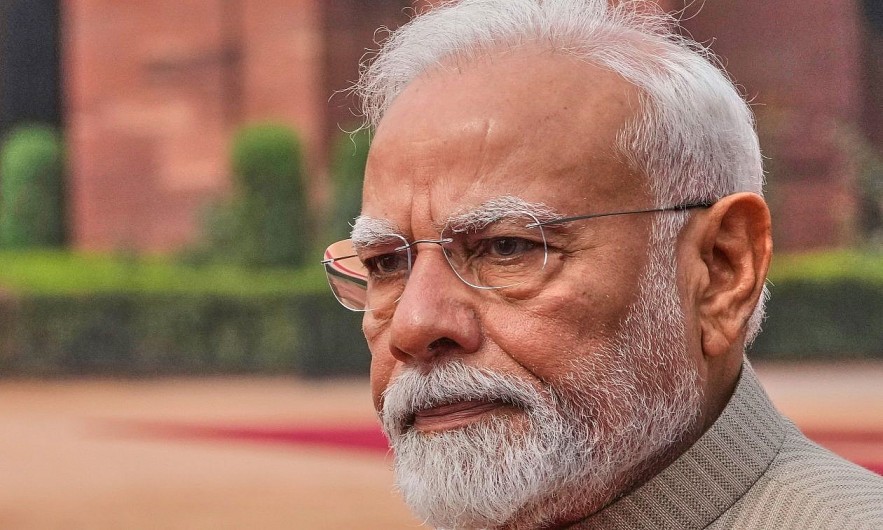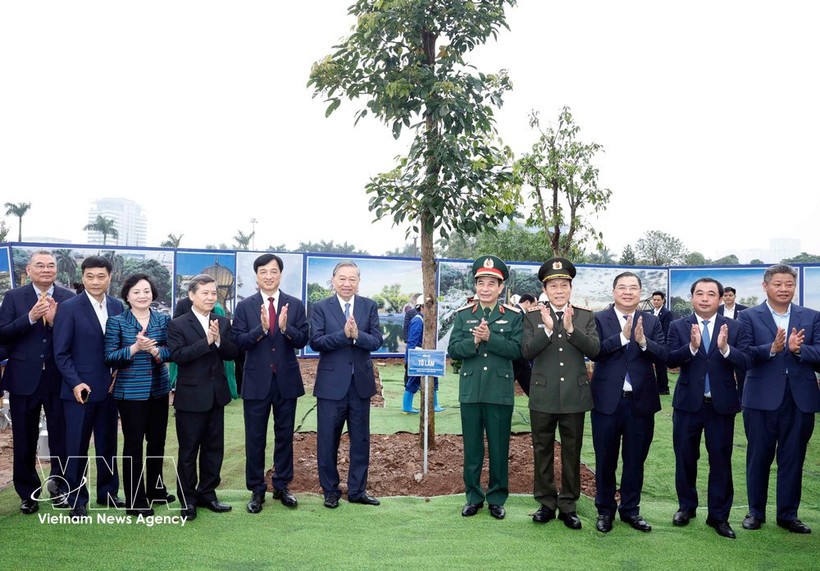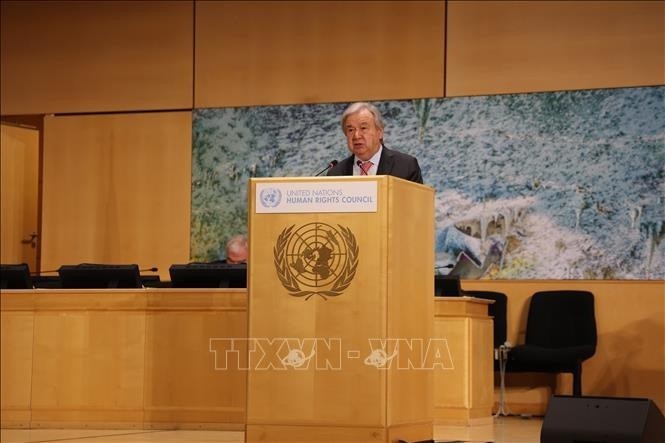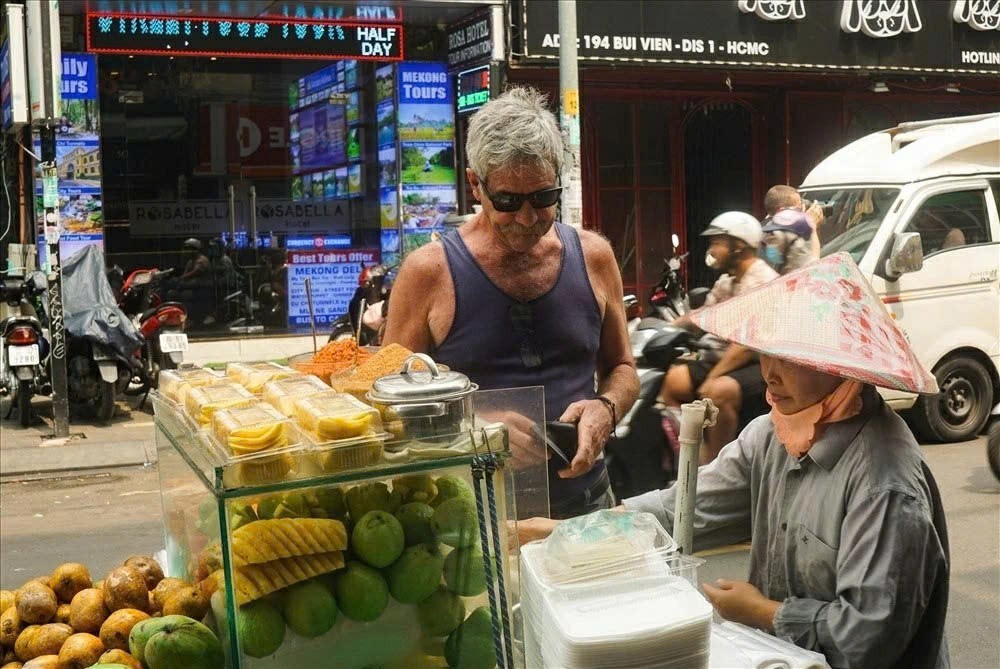India at the global high table: Why PM Modi’s G7 visit underscores India’s growing global standing
 |
In a powerful testament to India’s rising global stature, Prime Minister Narendra Modi recently confirmed his participation in the upcoming G7 summit in Canada, following an invitation extended by Canadian Prime Minister Mark Carney.
This marks yet another chapter in India’s increasing involvement with major global platforms, reflecting not only diplomatic goodwill but also strategic necessity and an acknowledgement of India’s influence on key international issues.
A seat at the table: From outreach to inclusion
The G7 — comprising Canada, France, Germany, Italy, Japan, the United Kingdom, and the United States — has long served as a strategic forum for the world’s most advanced economies.
While India is not a formal member, its regular invitations to participate in G7 summits since 2019 reflect a shift in how the West views the emerging world order.
India, with its 1.4 billion people, vibrant democracy, and rapidly expanding economy, represents both a counterbalance and a collaborator in global decision-making.
Under Prime Minister Modi’s leadership, the nation has transformed into a beacon of stability, growth, and responsible diplomacy — qualities the G7 increasingly looks for in its engagements beyond the bloc.
Economic powerhouse and innovation leader
Its robust economic performance bolsters India’s credentials as a G7 guest.
Now the world’s fourth-largest economy by nominal GDP and the third-largest by purchasing power parity, India’s economic rise is no longer a forecast — it’s a reality.
Its startup ecosystem is one of the largest and fastest-growing globally, with sectors like fintech, renewable energy, and digital services drawing significant international attention.
Moreover, India’s ability to balance innovation with inclusivity, through initiatives like Digital India, UPI (Unified Payments Interface), and Aadhaar, presents a model that many nations are beginning to study closely.
The G7, always on the lookout for scalable and inclusive technology models, finds India’s approach both replicable and commendable.
A pillar of Global South representation
One of India’s most important contributions to the G7 dialogue is its unique position as a bridge between the Global North and the Global South. While the G7 represents developed economies, many of the challenges it seeks to address — climate change, food security, debt sustainability, and digital inclusion — disproportionately affect developing nations.
India’s participation brings a critical voice to the table, ensuring the concerns of Africa, Asia, and Latin America are adequately represented. Its presidency of the G20 in 2023 was a striking success in this regard, as India skillfully aligned development goals with global frameworks, advocating for debt relief, digital public infrastructure, and sustainable development financing.
Strategic and security partner
The invitation to the G7 summit is also a recognition of India’s growing role as a strategic and security partner. With increasing geopolitical uncertainties — from the Indo-Pacific to Eastern Europe — the world has come to see India as a reliable voice of reason and a proponent of a multipolar, rules-based order.
India’s active participation in forums like the Quad (alongside the US, Japan, and Australia), its deepening defence ties with Western nations, and its principled stance on global conflicts reflect maturity and consistency.
As countries look for stable partners amid growing global friction, India emerges as a natural choice.
Championing climate and sustainability
Another key area where India adds immense value to the G7 is climate leadership.
Far from being a laggard, India has consistently exceeded its Paris Agreement targets and has committed to achieving net-zero emissions by 2070.
Initiatives like the International Solar Alliance and Mission LiFE (Lifestyle for Environment) have received global praise for promoting sustainable practices at scale.
At a time when climate change discussions dominate global agendas, India’s practical, development-friendly approach offers both solutions and hope.
The G7 recognises this, and India’s voice in these conversations is no longer supplementary — it is central.
Diplomatic excellence
Prime Minister Modi’s diplomatic approach — combining assertive multilateralism with a strong national identity — has helped reshape India’s global narrative.
His outreach to countries across continents, efforts to expand South-South cooperation, and willingness to engage in dialogue with diverse partners demonstrate statesmanship that resonates well with the G7 ethos.
His attendance at the G7 summit in Canada is not just symbolic; it underscores the growing convergence between India and the world’s leading democracies on shared values such as democracy, the rule of law, gender equity, and freedom of expression.
India is not only participating in the global dialogue — it is helping shape it.
From invitee to influencer
India’s presence at the G7 summit is no longer a diplomatic courtesy — it is a strategic imperative for the world. With its economic dynamism, technological prowess, geopolitical maturity, and inclusive development model, India brings to the G7 table insights and solutions that are both relevant and essential.
Prime Minister Modi’s participation in the summit in Canada will not only strengthen India’s ties with G7 countries but also reinforce its image as a confident, capable, and constructive global player. As the world navigates challenges that transcend borders, India’s voice, representing both aspiration and responsibility, is not just welcomed, it’s needed.
Most read
Recommended
 Economy
Economy
The billions given to charity by ordinary Indians every year
 Economy
Economy








